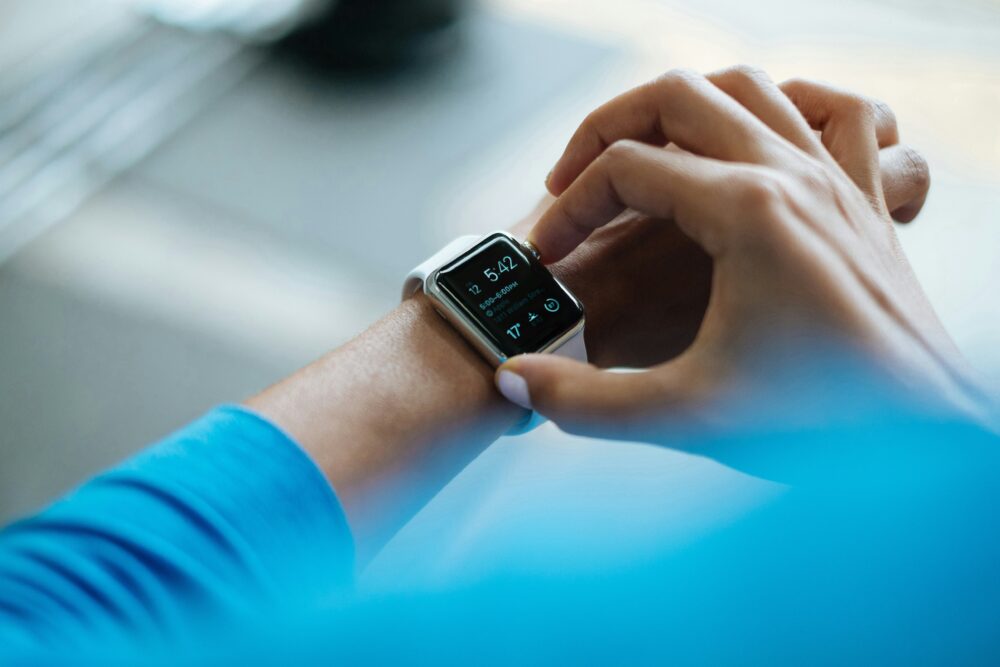Wearable technology has become increasingly prevalent in our daily lives, promising convenience, connectivity, and enhanced functionality. From fitness trackers to smartwatches, wearable devices offer a wide range of features designed to improve productivity, monitor health, and streamline communication. However, as wearable tech continues to evolve, it also brings about unexpected consequences that warrant closer examination. In this article, we’ll explore 10 wearable tech trends with unexpected consequences and their implications for individuals and society.
1. Privacy Concerns

One of the most significant consequences of wearable tech is the erosion of privacy boundaries. Devices like smartwatches and fitness trackers collect vast amounts of personal data, including location, activity levels, and even biometric information. While this data can be valuable for improving user experiences, it also raises concerns about data security, unauthorized access, and potential misuse by third parties.
2. Health Monitoring Dependency

Wearable health monitoring devices, such as smartwatches with heart rate monitors and sleep trackers, can promote awareness of health metrics and encourage healthier lifestyle choices. However, some users may become overly reliant on these devices, relying on them for self-diagnosis or ignoring other important indicators of health. This dependency on wearable health tech could have unintended consequences for individuals’ physical and mental well-being.
3. Social Distraction

The proliferation of wearable tech has contributed to the phenomenon of constant connectivity, blurring the boundaries between work, leisure, and social interactions. Smartwatches and other wearable devices can be a source of distraction, constantly buzzing with notifications and alerts that demand attention. This continuous stream of interruptions can disrupt productivity, increase stress levels, and detract from meaningful face-to-face interactions.
4. Technological Surveillance

Wearable devices equipped with GPS tracking and biometric sensors enable real-time monitoring of individuals’ activities and physiological data. While this technology can have practical applications for fitness tracking and personal safety, it also raises concerns about surveillance and control. Employers, insurers, and other entities may use wearable tech to monitor and analyze individuals’ behavior, potentially infringing on privacy rights and autonomy.
5. Environmental Impact

The production and disposal of wearable tech devices contribute to environmental pollution and resource depletion. The manufacturing process often involves the extraction of rare earth minerals and the use of hazardous chemicals, resulting in ecological damage and environmental degradation. Additionally, electronic waste generated from discarded wearable devices adds to the global e-waste problem, posing risks to human health and the environment if not properly managed.
6. Psychological Effects

Continuous exposure to notifications and alerts from wearable devices can have psychological effects, including increased stress, anxiety, and cognitive overload. The constant influx of information can overwhelm users’ cognitive resources, leading to decision fatigue and mental exhaustion. Moreover, the pressure to meet performance targets set by wearable tech can exacerbate feelings of inadequacy and self-doubt, contributing to mental health issues such as anxiety and depression.
7. Disconnection from Nature

Wearable tech that tracks and quantifies outdoor activities, such as hiking or camping, may inadvertently promote a disconnection from nature. Users may become more focused on achieving activity goals or documenting their experiences through wearable devices, rather than fully immersing themselves in the natural environment. This detachment from nature could diminish the therapeutic benefits of outdoor recreation and undermine efforts to foster environmental stewardship and conservation.
8. Sleep Disruption

The use of wearable tech devices, such as smartwatches and fitness trackers, in the bedroom can disrupt sleep patterns and quality. The blue light emitted by electronic screens can interfere with the body’s natural sleep-wake cycle, suppressing the production of melatonin and disrupting circadian rhythms. Additionally, the temptation to check notifications or engage in screen-based activities before bedtime can prolong sleep onset and reduce overall sleep duration.
9. Medicalization of Normal Functions

The widespread adoption of wearable health monitoring devices may contribute to the medicalization of normal bodily functions. Users may become overly preoccupied with monitoring their heart rate, sleep patterns, and activity levels, interpreting minor fluctuations as indicators of underlying health issues. This medicalization of everyday experiences can foster hypervigilance and health anxiety, perpetuating a culture of surveillance and self-monitoring.
10. Erosion of Human Connection

Despite the promise of connectivity, wearable tech can sometimes lead to the erosion of genuine human connection and intimacy. Constant engagement with digital devices can distract individuals from meaningful face-to-face interactions and diminish the quality of interpersonal relationships. Moreover, the reliance on technology for communication may hinder empathy, emotional intelligence, and authentic expression, contributing to feelings of social isolation and disconnection.
Tech Offers Many Benefits and Conveniences

In conclusion, while wearable tech offers many benefits and conveniences, it also brings about unexpected consequences that warrant critical examination. From privacy concerns and cybersecurity vulnerabilities to psychological effects and environmental impact, the proliferation of wearable devices has far-reaching implications for individuals and society. As wearable tech continues to evolve, it is essential to consider the unintended consequences and ethical implications of its use, and to prioritize the well-being and autonomy of users in the design and implementation of wearable technology solutions.






